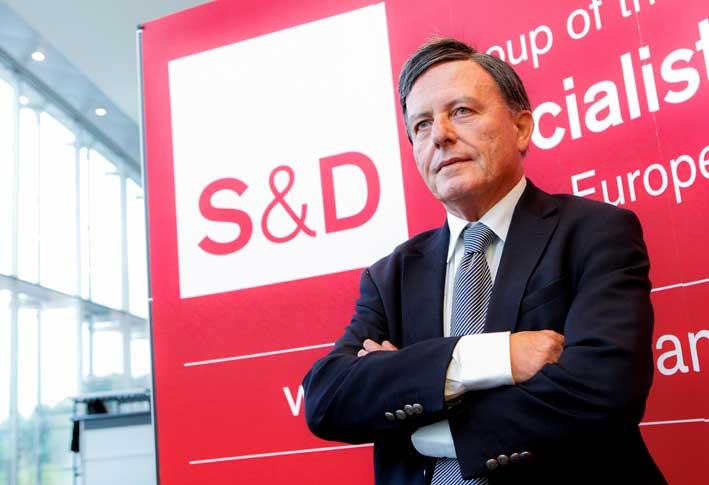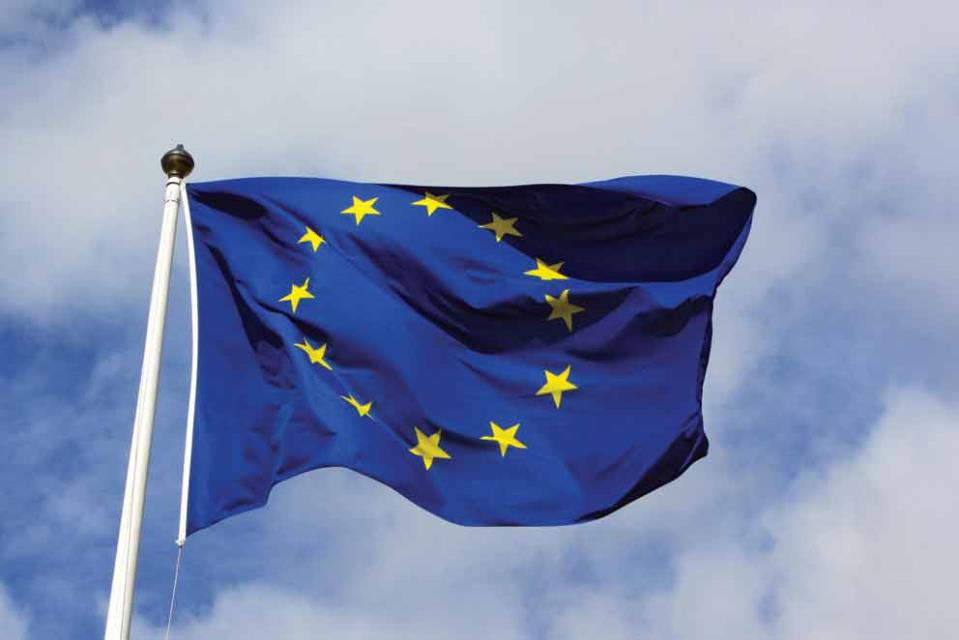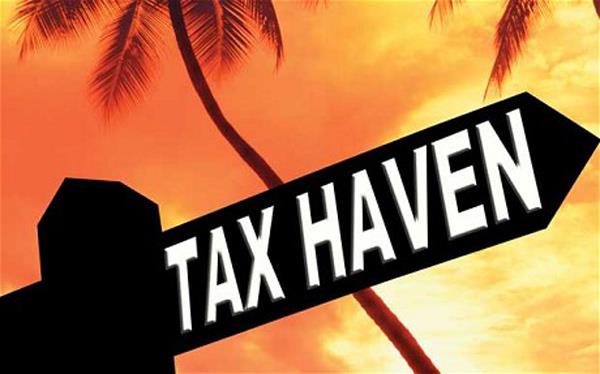Malta is the European Union’s number four facilitator of corporate tax avoidance, according to an analysis of the European Union member states’ tax laws carried out by Oxfam International.
Two reports, one by the European Commission and another by the charity Oxfam, have determined that Malta offers the EU’s fourth best – or worst, depending on how one views the issue – regime for corporations to avoid tax.
According to a study published by Oxfam this week, which draws on a recent European Commission study on ‘Structures of Aggressive Tax Planning and Indicators’, Malta is the EU’s fourth worst offender when it comes to facilitating corporate tax avoidance.
The European Commission’s study assesses the extent to which member states facilitate aggressive tax planning (ie, tax avoidance) by drawing up a list of 33 characteristics that can be used to determine whether a country makes it extremely easy for companies to avoid tax. This list is referred to as the Harmful Tax Practices.

Of these 33 indicators, Malta fit the bill as regards 14 of them. According to Oxfam’s analysis, the Netherlands is the EU’s top tax haven for corporations (having scored on 17 indicators), followed by Belgium (16 indicators), and Cyprus (15 indicators). Malta is the fourth with 14 indicators, while Latvia, Luxembourg and Hungary share fifth place with 13 indicators each.
Such tax policies, according to Oxfam, perpetuate poverty and extreme inequality in the world – a world in which the richest 62 people now own as much as the poorest half of the global population. It is also thanks to such tax regulations that multinationals are able to avoid at least USD100 billion in taxes in developing countries every year.
Earlier this week, the European Parliament voted on the ‘Rules against certain tax avoidance practices’ report. While the report was passed through the European Parliament with 486 voting in favour, 88 against and 103 abstentions, the majority of Malta’s MEPs voted against the report, and against their own EP party lines – effectively bidding to protect Malta’s tax regime. Roberta Metsola was the only Maltese MEP to have voted in favour of the report and in line with the EPP’s stance.

In a statement ahead of his vote against the report, MEP and former Maltese Prime Minister Alfred Sant said that moves towards tax harmonisation undermined the competitiveness of the small peripheral economies of the European Union.
Dr Sant said that the control of taxation policy was the only real tool left by which small EU member states could retain flexibility for competitive purposes.
“My vote against this report follows similar votes on the same subject in past months. I fully understand the need to control the wide range of practices by which taxes are being evaded by individuals and companies, large and small, as revealed by LuxLeaks and the Panama Papers scandal,” he said.
Dr Sant said he supported all measures meant to increase transparency in taxation affairs. But such measures should not end up infringing the existing right of EU states to retain sovereignty over their tax systems.
“It seems to me that the proposals made in this report open the door fully to further follow-ups that can only lead to tax harmonisation within the EU. With this I cannot agree, for it would serve to increase the growing structural divergences between the central EU economy and the small peripheral economies of the Union.
“For these economies, taxation policy, which they still control, is the only real tool left by which to retain flexibility for competitive purposes. All others they have given up; customs protection, budgetary flexibility in public budgeting, the setting of VAT and excise, state aid policy, exchange rate. Moves towards harmonisation of income and profit taxes will only further undermine their competitiveness,” Dr Sant said.
The EU has been seeking to create rules to prevent companies setting up ‘letter box subsidiaries’ in countries solely to qualify for a softer tax regime and cut their bill, a situation that the Maltese company registry, which holds a plethora of offshore companies, is all too familiar with.
As Maltese cases in point, there are the well-known examples of UK energy giant Npower having dodged paying up to £108 million in UK corporation tax by posting a loss in the UK, and instead shifting its profits to a subsidiary company in Malta. And Australia’s Commonwealth Bank had used a back-office firm in Malta, Commbank Europe Limited, to save several millions in taxes.

Aggressive tax planning indicators
The European Commission’s screening of the Maltese tax system revealed a total of 14 aggressive tax planning (ATP) indicators, two active indicators, five lack of anti-abuse indicators and seven passive indicators.
Among these indicators, was the Maltese tax rule that no deemed income on interest-free loans is taxable in Malta; and the patent box indicator since Malta grants a tax exemption for royalties, advances and similar income derived from patents in respect of inventions, copyright and trademarks, subject to the meeting of prescribed terms and conditions.
Lack of anti-abuse indicators
In terms of Malta’s lack of anti-abuse indicators, the country was found to have no general thin-capitalization or interest-deduction-limitation rules, tax deduction of interest does not link to the tax treatment in the creditor member state; no CFC rules; no rule to counter a mismatch in tax qualification of domestic partnership; and no rule to counter a mismatch in tax qualification of a domestic company.
Combined indicators
Some indicators can combine with others into sets that are capable of facilitating the same or similar types of ATP structure. In Malta’s case, two such sets are found. The first, the “generous tax exemption of in- and outbound-dividends” allows for facilitating structures where dividends are routed through a member state without taxation.
The second, general interest deduction combined with absence of linking rule and absence of interest-deduction-limitation rules creates facilitating structures where the tax basis in a member state is eroded by means of financing costs.

Too generous tax-exemptions of dividends
Malta, the EC report found, applies a participation exemption regime, in that it allows too generous tax-exemption of dividends received under certain conditions. As of January 2016, dividends that hitherto were tax-deductible will henceforth be taxable in Malta. However, the report notes, even though the exemption is tied to the tax status/residence of the paying company, “it still seems to be too generous in its application.”
According to the EC report, as an example, the participation exemption regime applies if the distributed company is incorporated in the EU, or if the distributing company derives no more than 50% of its income from passive income (ie, interest or royalties).
Malta also offers group taxation. However, the report stresses it should be noted that according to the group loss provisions, only ‘allowable losses’, that is, losses incurred in “any trade, business, profession or vocation” can be surrendered – meaning that no matter how a group of companies is constituted, “no loss surrendering can take place because these companies are undertaking holding activities and so their losses do not constitute trade losses.”
The report also notes how, “Malta is considered to offer a specific regime with a very low effective tax rate. As the nominal rate of corporate income tax is 35%, Malta does not score on Indicator 28 [nil corporate tax rate]. However, due to the full imputation system of taxation, the ‘real’ rate can go as low as approximately five per cent. This lower effective tax rate can be obtained if the taxpayer organises himself in a certain way, such as by having a group of a minimum of two companies (parent and subsidiary) that are resident in Malta. Any final conclusions with respect to the real ATP risk associated with this indicator require further detailed and thorough analysis.”
The full European Commission report can be downloaded at: http://ec.europa.eu/taxation_customs/resources/documents/taxation/gen_info/economic_analysis/tax_papers/taxation_paper_61.pdf.